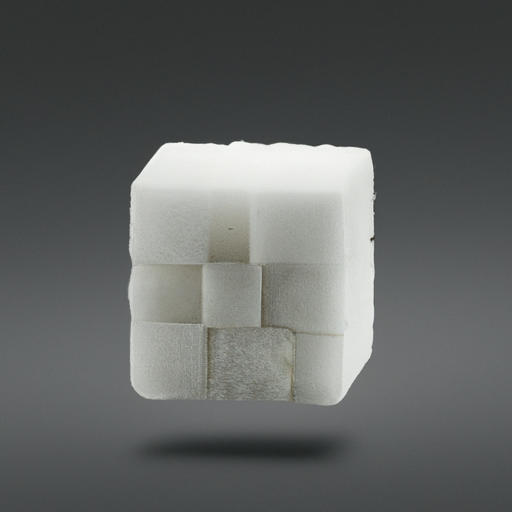The cold plunge, or deliberate cold exposure, has gained popularity in wellness circles for its potential health benefits. From boosting metabolism to reducing inflammation and increasing mental resilience, the cold plunge seems to be a promising practice for those seeking to enhance their well-being. But what does the latest research say about this chilly habit?
The Science Behind the Shiver
When you immerse yourself in cold water, your body releases adrenaline, also known as epinephrine. This is a stress response, and it's what makes the cold plunge feel uncomfortable. However, this discomfort is key to reaping the benefits of the practice.Learning to manage your thinking under conditions of high adrenaline can increase your mental resilience. This means that the next time you encounter a stressful situation, you'll be better equipped to maintain clear thinking and effective action.
Boosting Metabolism and Burning Fat
Another benefit of the cold plunge is its effect on your metabolism. Not only does it increase your metabolism while you're in the cold, but this effect can last for many hours, or even days, afterward.This is due to the stimulation of brown fat, a type of fat that is dense with mitochondria, the energy factories within cells. Brown fat is like the oil in a candle, burning off white fat (the blubbery sort) and making you more comfortable at cold temperatures. If you're someone who always feels cold, increasing your brown fat stores through cold exposure could be beneficial.
Reducing Inflammation
Inflammation is a natural response of the body to injury or illness. It's a protective mechanism that helps the body heal by bringing more blood flow to the affected area, along with immune cells to fight off any potential threats. However, when inflammation becomes chronic, it can lead to various health issues, including heart disease, arthritis, and even certain types of cancer.One of the key benefits of the cold plunge is its potential to reduce inflammation. This is particularly relevant in today's world, where many of us lead lifestyles that can contribute to chronic inflammation. Factors such as poor diet, lack of exercise, stress, and inadequate sleep can all contribute to an overactive inflammatory response.When you immerse your body in cold water, it causes vasoconstriction, or the narrowing of your blood vessels. This process helps reduce swelling and inflammation. Once you're out of the cold water and your body starts to warm up, your blood vessels dilate or widen. This allows for an increased flow of blood and nutrients to your muscles and tissues, promoting healing and recovery.It's important to note that while the cold plunge can help reduce inflammation, it should not be used as a substitute for other important lifestyle changes that can combat chronic inflammation. A balanced diet, regular exercise, adequate sleep, and stress management are all crucial components of an anti-inflammatory lifestyle.
How to Incorporate the Cold Plunge into Your Routine
The research suggests that to reap these benefits, you should aim for 11 minutes of uncomfortably cold exposure per week. This could be achieved through various methods, including cold showers, ice baths, or dips in the ocean or a cold pool.Remember, the goal is not to enjoy the cold but to endure it. It's about building resilience, boosting metabolism, and reducing inflammation. So, next time you're contemplating a warm, relaxing bath, consider taking the plunge into the cold instead. Your body and mind might thank you for it.
Conclusion
Those who take part in this chilling activity 2-3 times per week show some fascinating physiological changes. They maintain a lower core temperature and exhibit a significant increase in cold-induced thermogenesis - our bodies' heat-producing response to cold. Their brown adipose tissue (BAT), a fat tissue that burns calories for heat, doesn't show the typical activity seen in others. Instead, these individuals exhibit an increased muscle response and a unique peak in supraclavicular skin temperature early in the morning. If you're looking for a new way to rev up your metabolism, the cold plunge might be the ticket.
Checkout our article last week on sugar cravings 👇👇👇

Beat Sugar Cravings and Improve Your Metabolism
Sugar cravings can lead to overeating, weight gain, and other health problems. However, there are a number of science-based tools that can help you control your sugar cravings and improve your metabolism.
